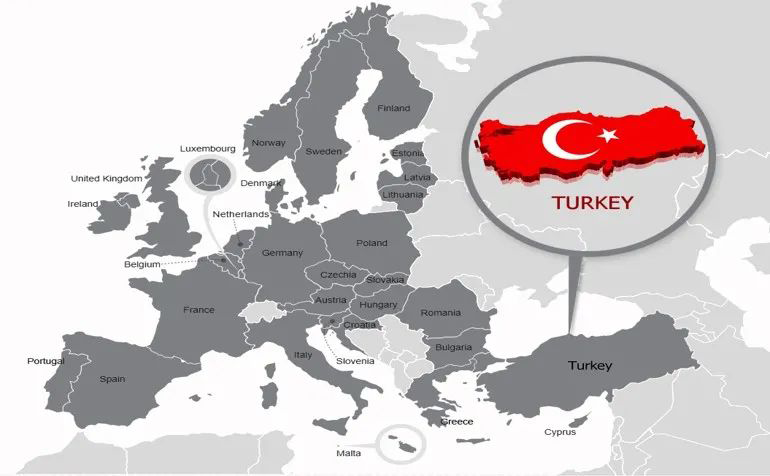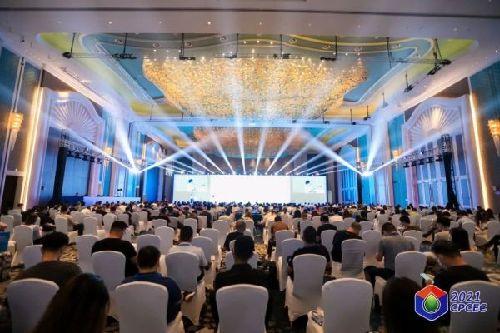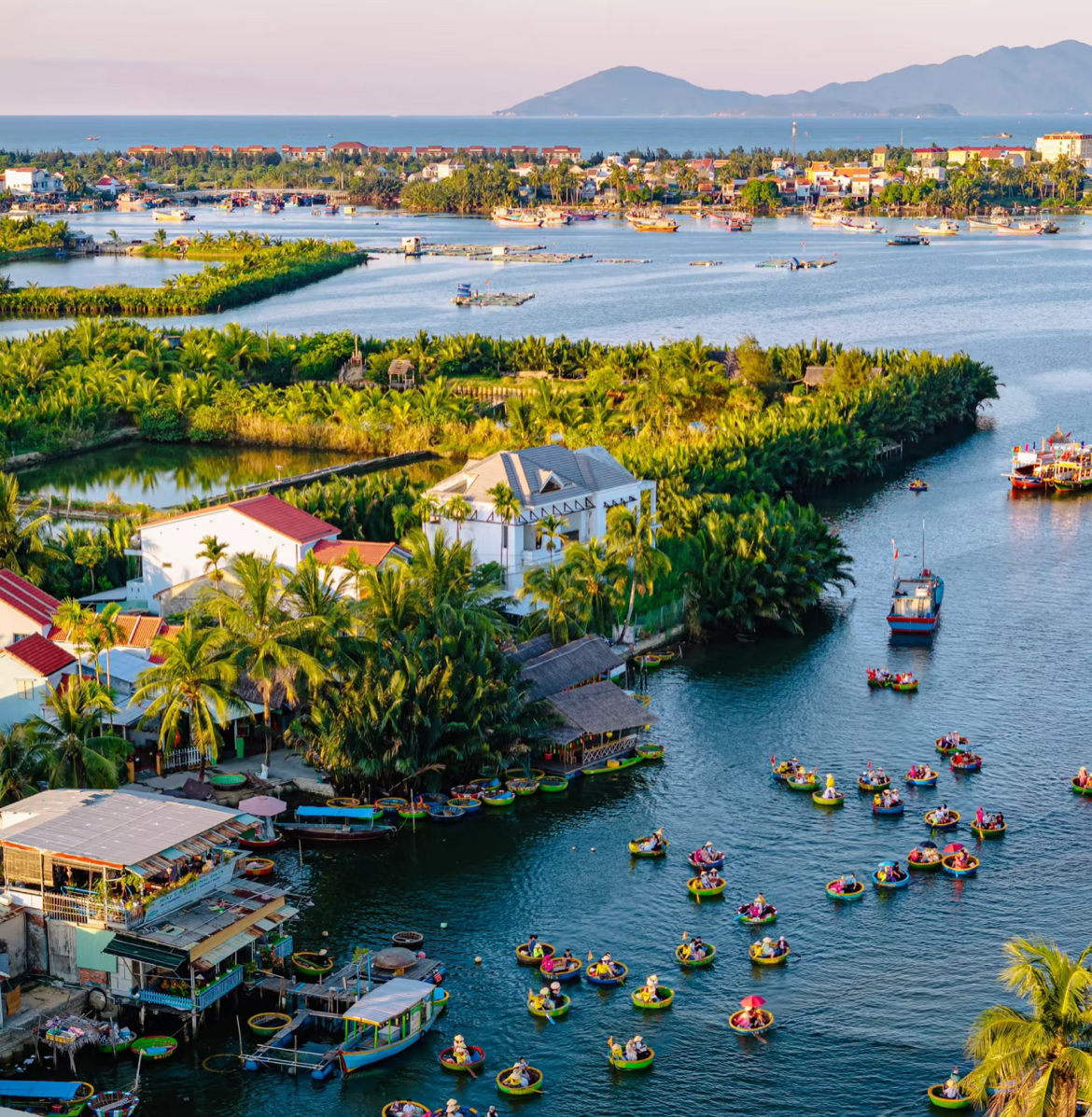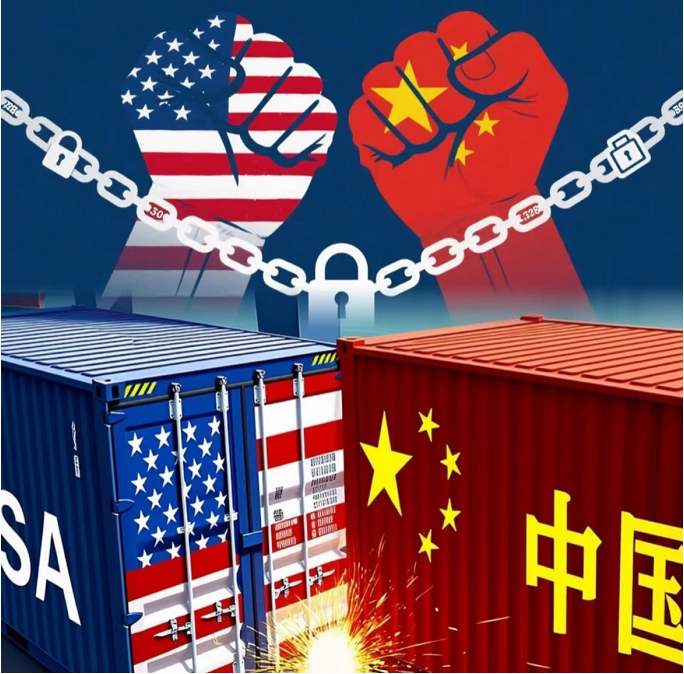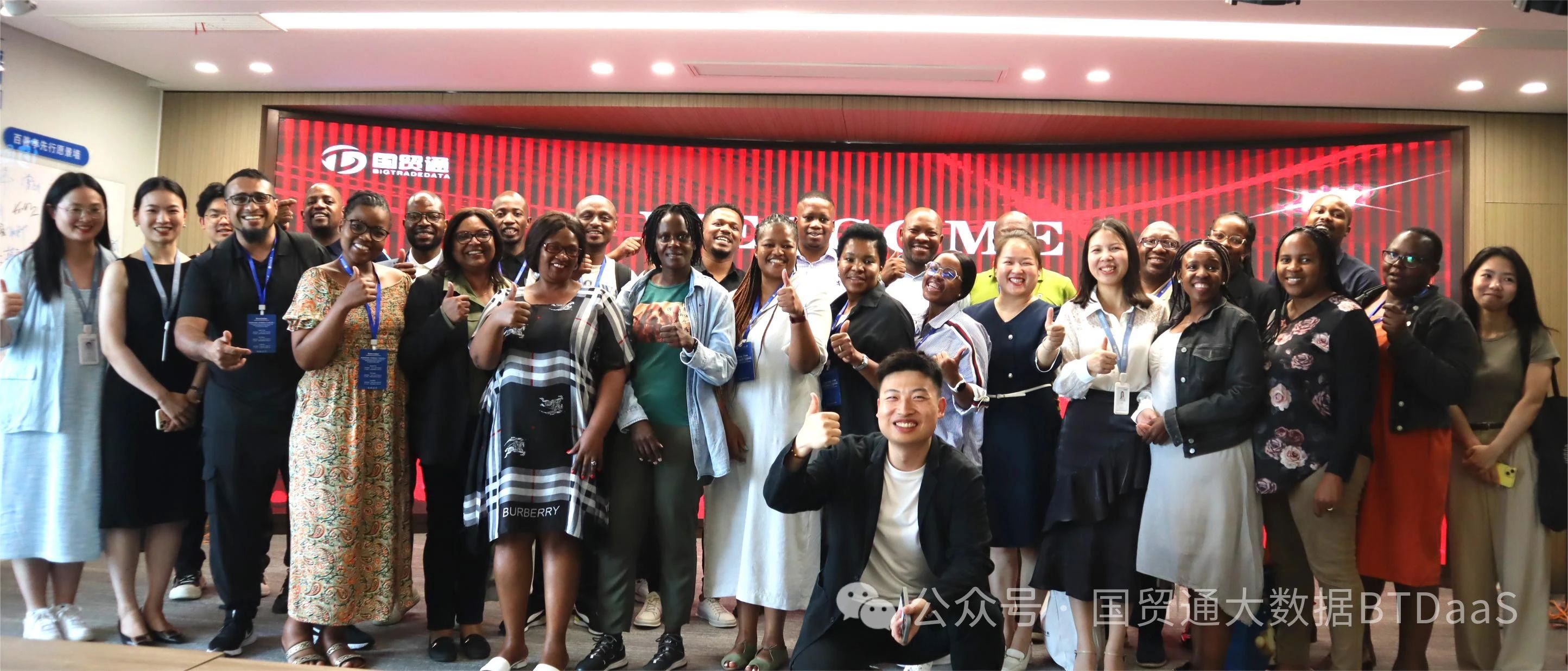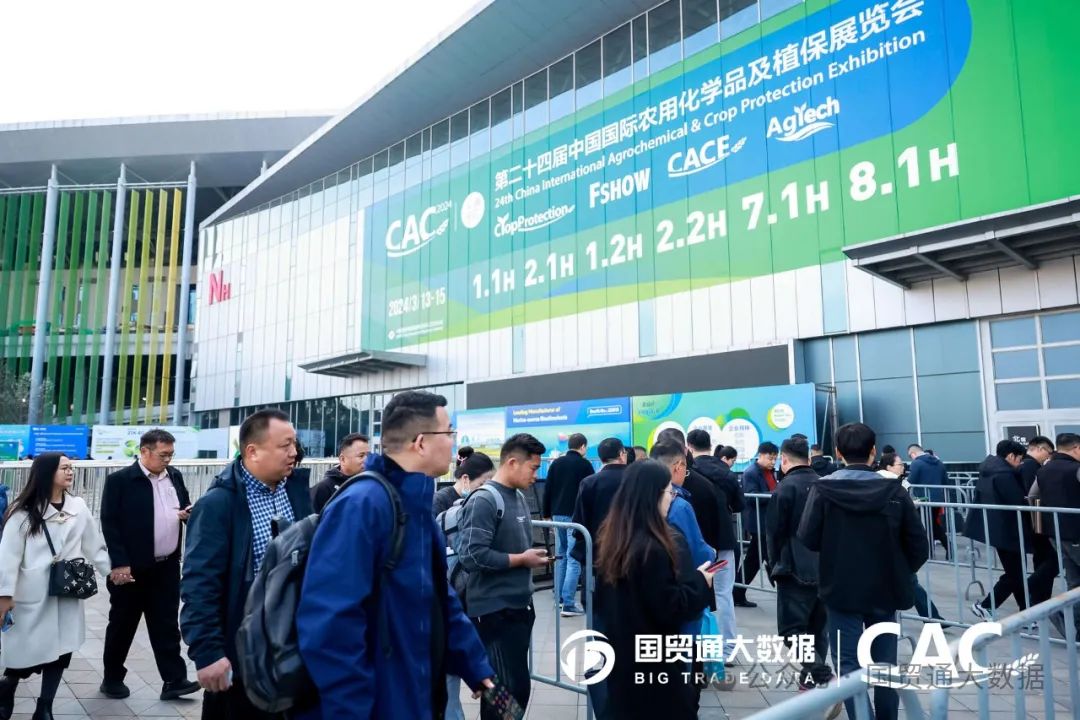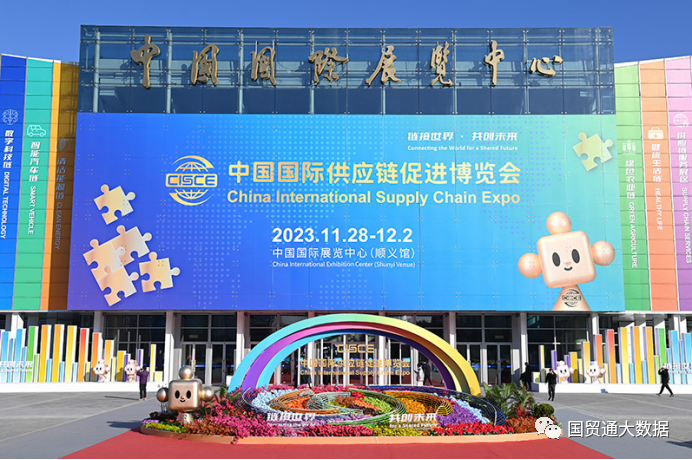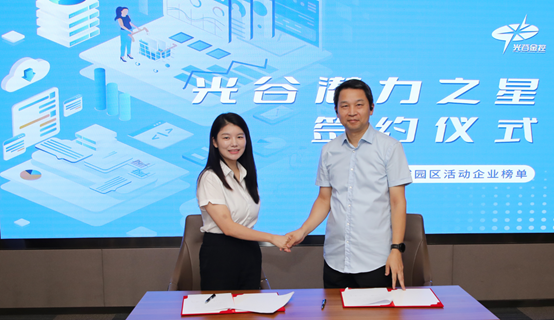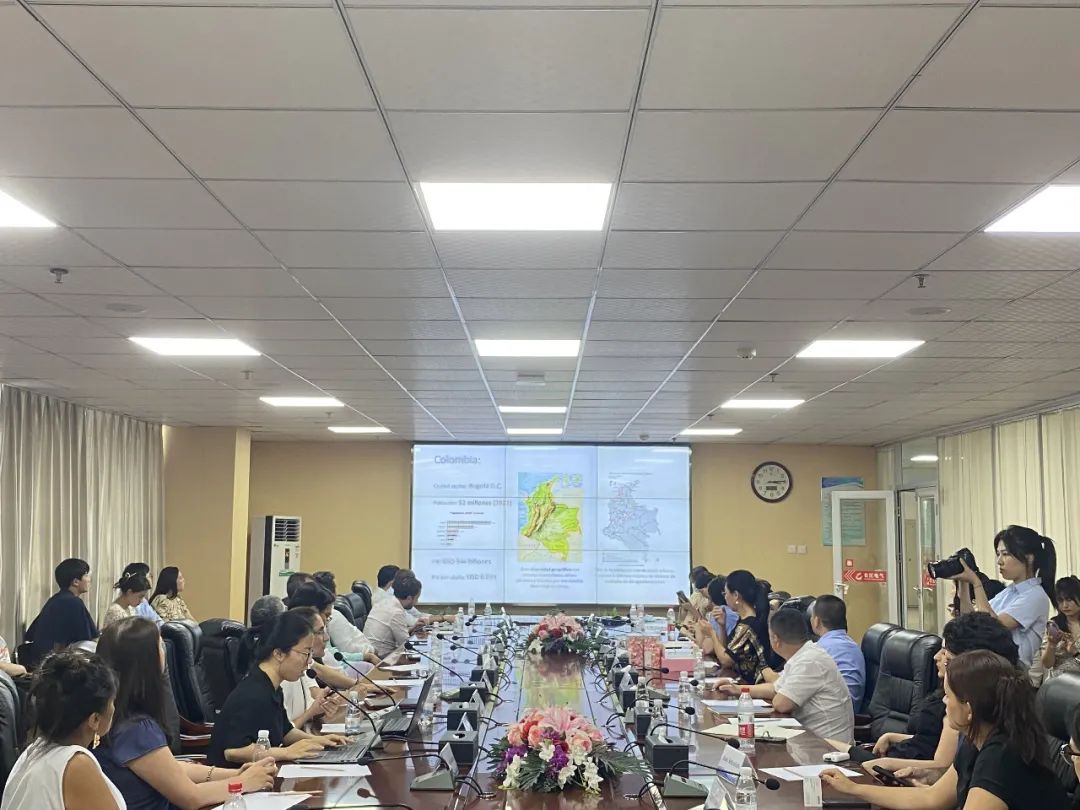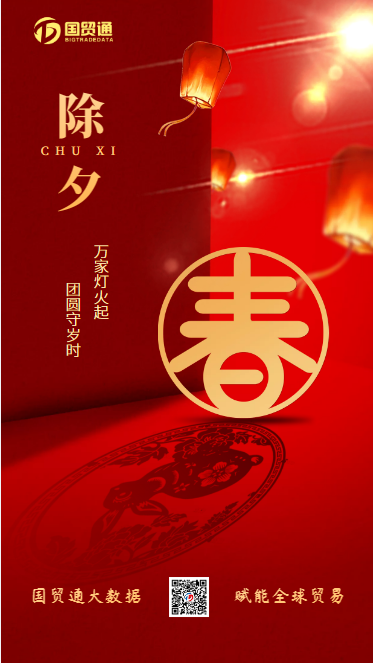
Focus | Real-Time Foreign Trade Updates
“This update focuses on recent key developments and policy changes in global foreign trade, reflecting the tightening trend of global trade policies and the deepening of regional economic cooperation. These changes are also having a direct impact on cross-border e-commerce, logistics, and manufacturing industries.”
Key Events
Vietnam Customs New Rule: Automated VAT Collection on Low-Value Imports from August 1
Vietnam Customs has announced the implementation of Circular No. 29/2025/TT-BTC, effective August 1, introducing an automated VAT collection process for express imports valued below VND 1 million. Previously, under Decision No. 01/2025/QD-TTg, such goods were exempt from import duties but subject to VAT, though manual declarations led to inefficiencies due to outdated systems. Following a pilot run from July 9-31, the new rule will officially apply to all express shipments, including air, road, and rail freight, aiming to modernize tax collection, reduce administrative burdens, and secure state revenue. This policy marks Vietnam’s further tightening of tax oversight on cross-border e-commerce.
EU and Indonesia Reach Political Agreement to Advance Free Trade Deal
European Commission President Ursula von der Leyen recently announced a political agreement to advance the EU-Indonesia Free Trade Agreement. At a joint press conference with Indonesia’s president, von der Leyen stated, “There remains untapped potential in our trade relations, making this agreement timely. It will open new markets.”
Russia Implements Mandatory Labeling Policy from September 1
Russia has announced that starting September 1, 2025, mandatory labeling will be enforced for construction materials, sports nutrition, children’s goods, and confectionery. All participants in the supply chain must register in the "Honest Label" system and affix DataMatrix codes. Construction materials will be phased in, with dry mixes requiring labels from October 1. Children’s toys, including scooters and dolls for those under 14, are covered, while confectionery will be incorporated into the labeling system from December. Violators face hefty fines (up to RUB 300,000 for legal entities) or even criminal penalties (up to 5 years imprisonment). The policy aims to enhance product traceability and regulate market order.
Indonesia’s New Rule: E-commerce Sellers with Annual Revenue Over IDR 500 Million Must Pay Income Tax
Indonesia’s Ministry of Finance has officially issued Ministerial Regulation No. 37/2025, imposing a 0.5% income tax (PPh Article 22) on e-commerce sellers with annual revenues exceeding IDR 500 million (~USD 32,000). This rate excludes VAT (PPN) and luxury sales tax (PPnBM). Effective July 14, 2025, the rule applies to platforms like Shopee and Tokopedia, designated by the ministry as Electronic System Transaction Operators (PMSE). Sellers below the threshold must submit revenue proof to their platform to confirm exemption, while those above must provide documentation for the 0.5% withholding tax.
European Parliament Approves New Proposal: Non-EU Sellers Must Establish Local Warehouses in Europe
The EU Parliament recently passed new cross-border e-commerce regulations, establishing a full-chain safety control system for the 12 million daily parcels entering the EU. Key measures include requiring non-EU sellers to set up local European warehouses (Amazon and Temu have already done so), proposing the removal of the €150 tax-free threshold (currently, 65% of parcels evade taxes via undervaluation), and exploring a €2 handling fee per parcel. The EU will fund AI and blockchain adoption at customs to enhance inspection efficiency for transshipments, which account for 84% of cross-border parcels. The policy aims to curb substandard goods while avoiding cost transfers to consumers, with specifics pending further EU Parliament-Council negotiations.
U.S. and Indonesia Seal Historic Trade Deal: Tariff Cuts and Market Access Breakthroughs
On July 15, U.S. President Trump announced the conclusion of trade talks with Indonesia, securing a bilateral tariff adjustment deal: Indonesia will impose zero tariffs on all U.S. goods and eliminate non-tariff barriers, while the U.S. will cut tariffs on Indonesian products from 32% to 19%. The deal includes USD 15 billion in energy, USD 4.5 billion in farm purchases, and 50 Boeing orders, marking the first full-market access for U.S. firms in Indonesia’s 280-million-strong economy. Trump noted the rates also apply to third-country goods transshipped via the U.S., but did not mention exemptions for Indonesia’s upcoming 50% copper tariff. The deal mirrors recent U.S. pacts with Vietnam and the UK, with similar talks underway with India. In 2024, U.S.-Indonesia trade totaled USD 40 billion, with a USD 18 billion U.S. deficit—the new deal may reshape Southeast Asian trade dynamics.
Trump Finalizes 10% Flat Tariff, Tightens Trade Policies for Africa and Small Nations
On July 15, President Trump announced a uniform “reciprocal tariff” of just over 10% for Africa and other small nations, with formal notices to follow. This extends his protectionist policies, following reciprocal tariffs imposed on 14 countries, including Japan and South Korea, effective August 1. Trump also revealed ongoing trade talks with 5-6 nations beyond existing deals with the UK and Vietnam.
Hapag-Lloyd Adjusts PSS from Far East, Indian Subcontinent, and Middle East to Australia
Reports indicate a Peak Season Surcharge (PSS) will apply to shipments from the Far East, Indian Subcontinent, and Middle East to Australia. Effective August 1, 2025, the PSS is USD 300 per TEU for all container types until further notice. Coverage includes:
Far East: China, Japan, South Korea, Hong Kong, Taiwan, Macau, Singapore, Malaysia, Vietnam, Thailand, Indonesia, Philippines, Cambodia, Brunei, Myanmar.
Middle East: UAE, Bahrain, Iraq, Kuwait, Oman, Qatar, Saudi Arabia (Dammam/Riyadh via Dammam).
Indian Subcontinent: India, Maldives, Sri Lanka, Nepal, Bangladesh, Pakistan.
Australia: Melbourne, Sydney, Brisbane, Adelaide, Fremantle.
Industry Highlights
China-EU Trade Exceeds CNY 15 Billion Daily in H1 2025
In the first half of 2025, China-EU trade totaled CNY 2.82 trillion, up 3.5% YoY. Daily trade averaged over CNY 15 billion—equivalent to annual trade volume at the time of diplomatic ties. China’s imports from the EU, including healthcare products, luggage, and jewelry, accounted for over 60% of similar imports, while exports of textiles, home appliances, and laptops showed strong growth.
U.S. June CPI Rebound Signals Tariff-Driven Inflation, Fed Rate Cut Expectations Cool
On July 16, data showed U.S. June CPI rose 2.7% YoY (core CPI: 2.9%), with tariff impacts emerging in goods inflation. Apparel, furniture, and recreational goods—highly import-dependent—saw notable price hikes (furniture: +1% MoM; appliances: +1.9%). Analysts warn of inflation risks in H2, with a July Fed rate cut unlikely and only two cuts possible this year. CME data shows a 97% chance of unchanged rates in July. Despite core CPI slightly undershooting expectations, tariff effects are expected to intensify, complicating Fed policy amid government pressure.
South Korea’s Import Prices Fall for Fifth Straight Month in June
In June 2025, South Korea’s import prices dropped 0.6% MoM, extending a five-month decline driven by a stronger won. The Bank of Korea reported a 3.7% drop in May.
India’s June Trade Deficit Narrows to USD 18.78 Billion
India’s June trade deficit shrank to USD 18.78 billion, below forecasts of USD 21.5 billion, as U.S. tariffs pressured global supply chains, reducing both exports and imports. May’s deficit was USD 21.8 billion.
Japan’s June Exports Decline Again, U.S. Shipments Plunge 11.4% Amid Tariffs
Japan’s June exports fell 0.5% YoY, with U.S. shipments down 11.4% and China-bound exports dropping 4.7%. With no auto tariff exemption, Japan faces 25% punitive tariffs from August 1, hitting automakers hardest. A modest 0.2% import rise left a JPY 153.1 billion trade surplus, far below expectations. Japan’s economy, already contracting in Q1 due to weak domestic demand, sees automakers absorbing tariffs or cutting prices to stay competitive.
South Korea to Impose Anti-Dumping Duties on Chinese Petroleum Resin
On July 11, 2025, South Korea’s Ministry of Economy and Finance announced five-year anti-dumping duties on petroleum resin from China (2.26%-3.50%) and Taiwan (7.07%-18.52%). Excluded are C9 resins with softening points ≥130°C (HS code: 3911.10.1000).
U.S. Launches Anti-Circumvention Probe on Aluminum Tableware
On July 11, 2025, the U.S. Commerce Department initiated an anti-circumvention investigation into aluminum tableware (disposable containers, pans, trays, lids) from Thailand and Vietnam, suspecting evasion of existing U.S. anti-dumping/countervailing duties on Chinese-made foil products (HS code: 7615.10.7125). The probe follows March 2025 final duties on Chinese imports.
Brazil Extends Anti-Dumping Duties on Non-Oriented Silicon Steel from China, Taiwan, Korea, and Germany
On July 11, 2025, Brazil’s GECEX issued Resolution No. 758, extending five-year anti-dumping duties on non-oriented silicon steel (HS codes: 7225.19.00, 7226.19.00) from China (USD 90-166.32/ton), Taiwan (USD 90-166.32/ton), Korea (USD 0-166.32/ton), and Germany (USD 166.32/ton).
U.S. Issues Preliminary Anti-Dumping Ruling on Chinese and Malaysian Float Glass
The U.S. Commerce Department preliminarily found dumping margins of 246.68% (post-subsidy adjustment: 246.66%) for Chinese float glass, with a nationwide rate of 311.81% (adjusted to 311.79%).
Key Conferences
Shanghai World Artificial Intelligence Conference (WAIC)
Date: July 26-29
Venue: Shanghai World Expo Center
WAIC will gather global AI leaders, foster innovation, and promote digital governance. Confirmed participants include Alibaba, IEEE, Ant Group, SenseTime, and Shanghai AI Lab.
Beijing International Radio, TV & Film Exhibition (BIRTV)
Date: July 23-26
Venue: China International Exhibition Center (Chaoyang)
Asia’s premier broadcast expo, themed “Smart Living,” will showcase 50,000+ sqm of innovations from 500+ exhibitors.
Taizhou Electric Vehicle & Motorcycle Parts Expo
Date: July 26-28
Venue: Taizhou International Expo Center
A hub for EV/motorcycle manufacturers and suppliers to showcase cutting-edge tech and trends.
Australian Transport & Logistics Expo
Date: July 22-24
Venue: Sydney Olympic Park
Oceania’s largest logistics fair, featuring warehousing, transport solutions, and tech.
Las Vegas Woodworking Machinery & Furniture Supply Fair
Date: July 22-25
Venue: Las Vegas Convention Center
North America’s premier woodworking expo, running since 1957, offers networking and tech showcases.

